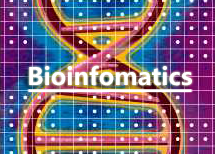访问数据
A. The goal of the experiment Molecular analysis of early development of rice stamen using organ-specific gene expression profiling B. A brief description of the experiment Understanding the regulatory mechanisms underlying plant organ-formation, by which a group of primordial cells differentiates into an organ with a given shape, structure and function, is important not only to the study of plant developmental biology, but also to the practical application of crop improvement. Although research in the past decades has elucidated the molecular mechanisms of organ identity and dorsalventral axis determination, little is known about the molecular mechanisms underlying the successive processes. To develop an effective approach to study organ-formation at a molecular level, particularly the process following the organ-identity determination, we carried out organ-specific gene expression profiling of early development in rice stamen. In this study, we found more than 26 genes that were preferentially up-regulated during early stamen development, suggesting that these genes may be involved in the regulatory mechanism. Further functional analysis of these candidate genes should facilitate the dissection of the molecular determinants of early development in rice stamen. Notably, we also found that differentially-expressed genes during early stamen development are clustered into two clades, suggesting that the process could be potentially divided into two phases, pattern formation and cellular differentiation; and that organ-specific "quantitative change" of gene expression levels may play a critical role in the regulatory mechanism of plant organ-formation.

